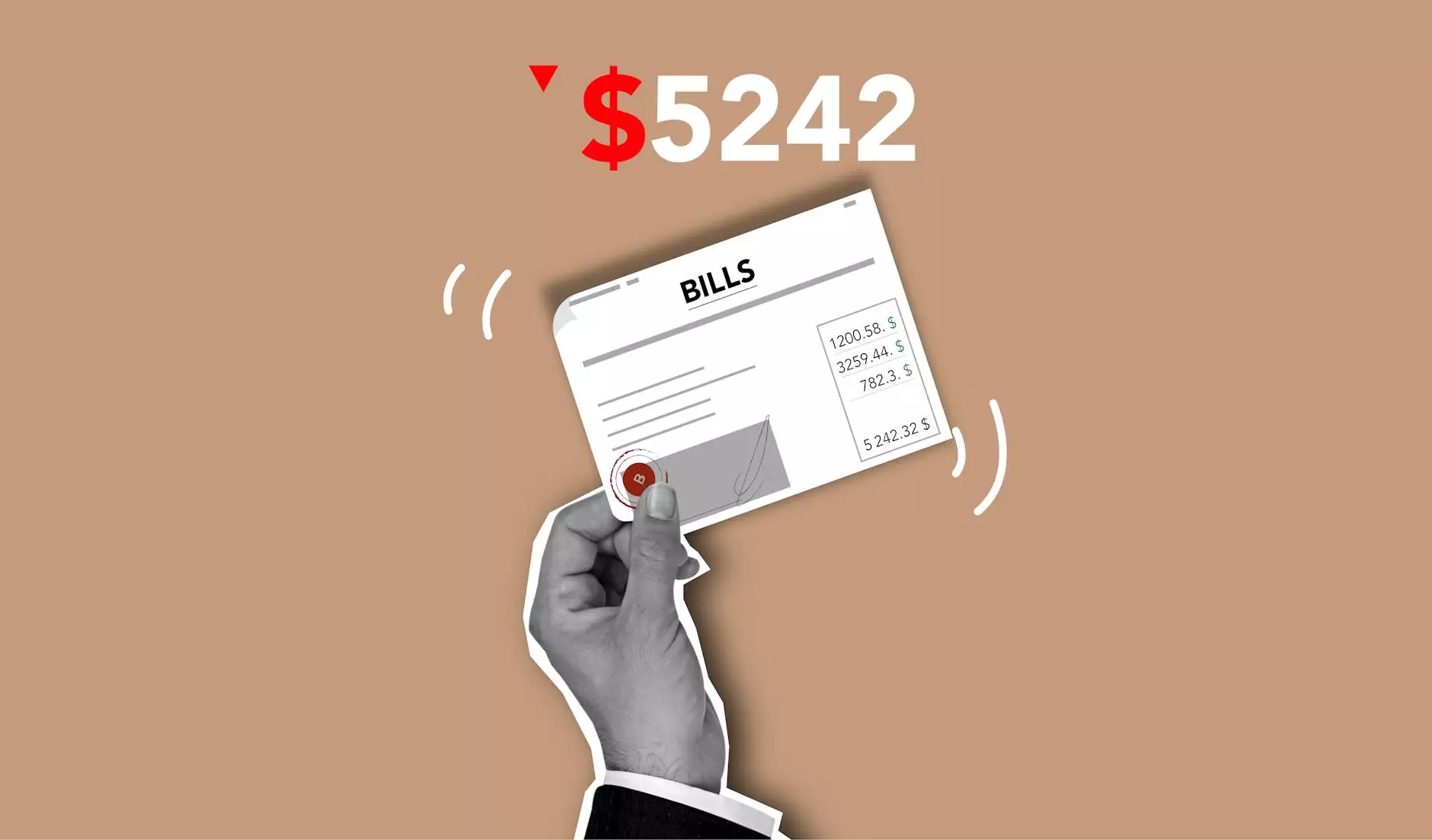Understanding LOLER Meaning: A Comprehensive Guide for Businesses

LOLER, or the Lifting Operations and Lifting Equipment Regulations 1998, plays a crucial role in ensuring safety and compliance in various industries, including those pertaining to home and garden, gardening services, and pest control. Knowing the LOLER meaning is essential not just for compliance but also for maintaining a safe working environment. In this article, you will explore the detailed implications of LOLER, its importance, and how it can impact different business categories.
What is LOLER?
LOLER stands for Lifting Operations and Lifting Equipment Regulations. These regulations were established to ensure that any lifting operation that involves the use of lifting equipment is carried out safely. The LOLER regulations require that lifting equipment is:
- Used safely and correctly
- Maintained regularly
- Inspected at specified intervals
- Used only by trained personnel
Why is Understanding LOLER Meaning Important for Business?
Understanding the LOLER meaning is vital for several reasons:
1. Legal Compliance
Businesses that operate lifting equipment must comply with LOLER regulations to avoid legal penalties. Non-compliance can lead to hefty fines and legal actions, which can severely affect a business's financial health.
2. Enhanced Safety
LOLER is primarily focused on ensuring the safety of workers and the public. By adhering to these regulations, businesses can significantly reduce the risk of accidents and injuries associated with lifting equipment.
3. Increased Efficiency
Regular maintenance and inspections required by LOLER not only ensure safety but also enhance the operational efficiency of lifting equipment. Well-maintained equipment is less likely to malfunction, leading to smoother operations.
4. Reputation and Trust
Businesses that prioritize safety build a positive reputation within their communities. Clients are more likely to trust and engage with companies that demonstrate integrity and adhere to safety regulations like LOLER.
LOLER Compliance: Essentials for Home & Garden Businesses
For businesses within the home and garden sector, such as landscaping companies or furniture movers, ensuring compliance with LOLER is essential. Here’s how they can achieve it:
1. Regular Training for Staff
Equip your staff with the knowledge necessary to handle lifting equipment. Regular training sessions should be implemented to keep all employees updated on safe lifting practices and the latest regulations.
2. Conducting Risk Assessments
Perform thorough risk assessments before engaging in any lifting operations. Assess the equipment’s condition, the load weights, and the environment to ensure safe operations.
3. Equipment Maintenance Schedules
Maintain a strict schedule for the maintenance and inspection of lifting equipment. Document all inspections and repairs to provide a clear history of compliance.
Implications of LOLER for Gardeners
Gardeners often use a variety of lifting equipment, from aesthetic tree movers to heavy-duty lawn equipment. Understanding LOLER meaning can significantly impact their operational safety:
- Ensure all lifting equipment is properly certified
- Establish a routine check for equipment before each job
- Document training and safety protocols
Pest Control Businesses and LOLER Compliance
Pest control companies also have their unique set of challenges when it comes to lifting operations. Here’s how they can adapt LOLER insights:
1. Use of Aerial Lifts
Many pest control operations require aerial lifts for tree treatments or high structures. Ensuring these are LOLER compliant means safer working conditions and compliance with the law.
2. Safety Protocols and Documentation
Document all safety protocols and training related to lifting equipment within pest control. This documentation serves both as a compliance measure and a training resource for new employees.
Common Misunderstandings about LOLER Meaning
Despite its importance, there are several misconceptions about LOLER. Let’s clarify some of the most common:
1. LOLER is Only for Construction Industries
While LOLER is vital in construction, it is equally important in many other sectors, including home and garden, gardening, and pest control.
2. Only Large Companies Need to Comply
Every business that uses lifting equipment, regardless of size, must adhere to LOLER regulations. Small businesses are just as responsible for compliance as large firms.
3. Compliance is a One-Time Task
Compliance with LOLER is an ongoing responsibility. Continuous training, inspections, and equipment maintenance are necessary to ensure sustained safety and compliance.
The Future of LOLER Regulations
As industries evolve, so do regulations surrounding safety and compliance. The future of LOLER may involve:
- Increased emphasis on technology and automation: Businesses may adopt advanced technology for real-time monitoring of equipment.
- Stricter enforcement: Regulatory bodies may ramp up enforcement to ensure compliance across all sectors, impacting businesses that neglect these obligations.
- Expanded training programs: There will likely be more training resources available to educate workers on LOLER and related safety practices.
Conclusion
In summary, understanding the LOLER meaning is critical for businesses in the home and garden, gardening, and pest control sectors. By prioritizing compliance, safety, and efficiency, companies not only meet legal requirements but also foster a culture of responsibility and trust. Implementing the insights discussed in this article can significantly enhance operational safety, protect employees, and ultimately lead to greater business success.
If you are in the home & garden, gardening, or pest control business, it’s time to take a closer look at your lifting operations and ensure that you are fully compliant with LOLER regulations. Investing in safety is an investment in the future of your business.









